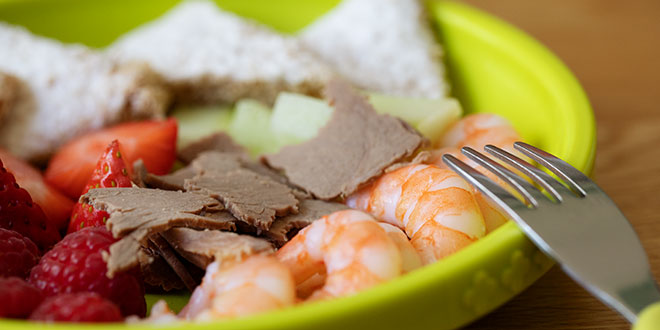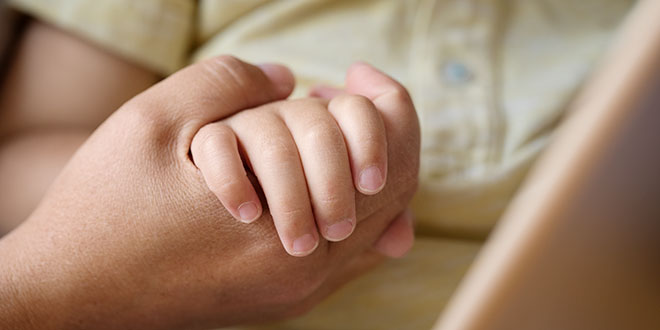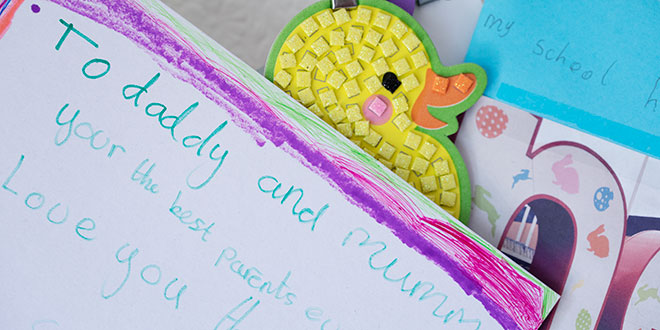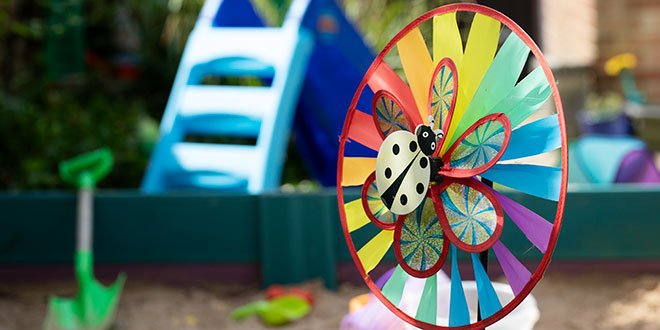What can my child eat after surgery?
After ostomy surgery it’s only natural that you’ll be concerned about how your child's digestion will be affected. But there is no need to suddenly change what your child should eat or drink - it’s just about making sensible choices and moderation. Over time, you’ll find that your little one should be able to eat the same foods as before surgery, unless their doctor or dietician prescribes a special diet.

Gas and odor
Certain foods produce more gas and odor than others and may need to be avoided, such as:
- Beans
- Broccoli
- Cabbage
- Cucumbers
- Carbonated beverages
- Fish
- Cheese
- Eggs
Gas can also be caused by swallowing air, which can happen when your child cries, sucks on a pacifier, or drinks with a straw.
Food blockage
Some foods are hard to digest and can build up and block the flow of stool in the bowel. Liquids can support healthy digestion by helping food pass through the digestive tract more easily. Furthermore, it can be a good idea to look out for foods that can cause blockage:
- Celery
- Asparagus
- Citrus fruits
- Dried fruits (raisins)
- Popcorn
- Raw fruits and vegetables
- Nuts, seeds in fruits and vegetables
- Meats with casings (hot dogs, bologna)

Tips for preventing blockage:
- Make sure your child chews their food well. Cut food into small pieces for younger children.
- Make sure your child drinks plenty of fluids to flush food through the intestine.
- Avoid foods that can cause cramping or diarrhea.
- Do not feed your child high-fiber foods until approved by their doctor.
- Once approved by the doctor, add fiber-rich foods one at a time.
Signs of blockage:
- Cramping
- Abdominal pain
- Swollen stoma and abdomen
- Watery or NO stool
If you feel your child has a blockage, contact your Wound Ostomy Continence Nurse or doctor. Always trust your own judgment when deciding if your child needs medical attention. You know your child best.

Dehydration
Keeping hydrated is a vital part of recovery. Dehydration is caused by excessive loss of water. A child can quickly become dehydrated from diarrhea, sweating or vomiting. A good rule of thumb is to have your child drink one glass of fluid each time the pouch is emptied. If your kids don’t like the taste of water, try adding a little flavor with a slice of fruit or splash of juice to ensure they’re staying hydrated. However, you should also encourage plenty of fluids and foods that replace sodium and potassium, such as isotonic sports drinks, broth and crackers. These options are a good way to replace sugars and minerals if your child gets dehydrated. Be careful with drinks with a lot of sugar, as they can increase the chance of diarrhea.
Children can become dehydrated very quickly, so beware of the symptoms:
Symptoms:
- Dry lips
- Dry mouth
- Decreased urine
- Crying with no tears
- Increased sleepiness
- Dark urine
- Sunken eyes
If your child displays these symptoms - do not take this lightly. Inform your child’s doctor immediately or go to the hospital. Medicine to stop diarrhea is not recommended.

Diarrhea
Diarrhea is the frequent passage of loose, watery stool (more than usual). This can lead to dehydration very quickly. Bacterial or viral infections, diseases, foods, or medications can cause diarrhea. If your child has any symptoms of dehydration, contact your child’s doctor.
Foods that thicken stool (B.R.A.T. Diet):
- Bananas
- Rice
- Apple sauce
- Toast
Constipation
Constipation happens when the stool is hard or dry, there is a decrease in the number of stools, or your child has difficulty passing stool. Include fruit juices, soft fruits and vegetables to keep stool soft. Notify your child’s doctor if constipation continues.
This information is for educational purposes only. It is not intended to substitute for professional medical advice and should not be interpreted to contain treatment recommendations. You should rely on the healthcare professional who knows your child's individual history for personal medical advice and diagnosis.
Call your healthcare provider if you have any medical concerns about managing your child's ostomy. You may also contact a Coloplast Care Advisor for product usage and availability questions at 1-877-858-2656.
